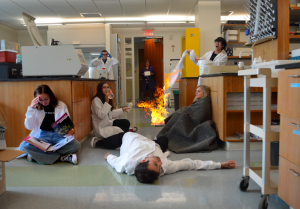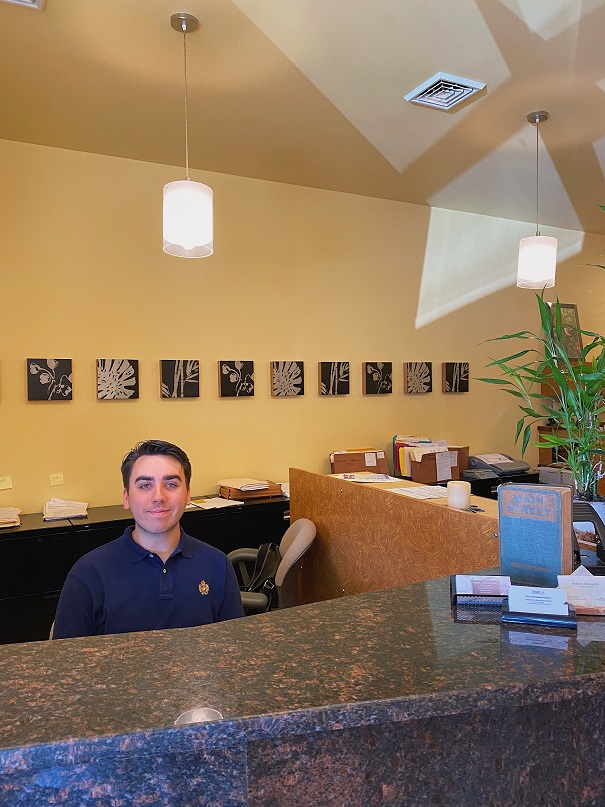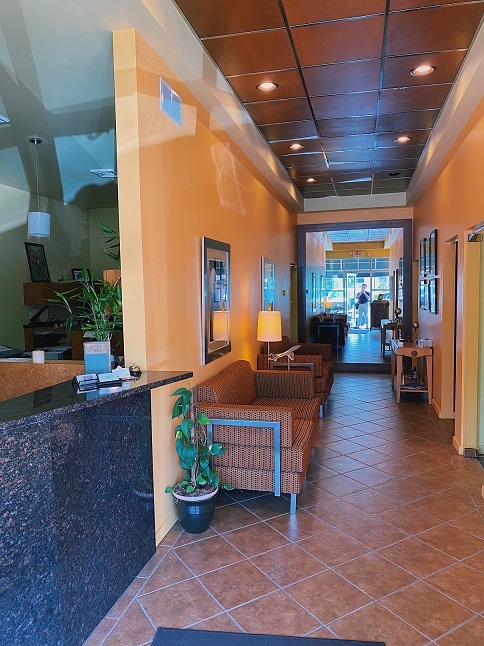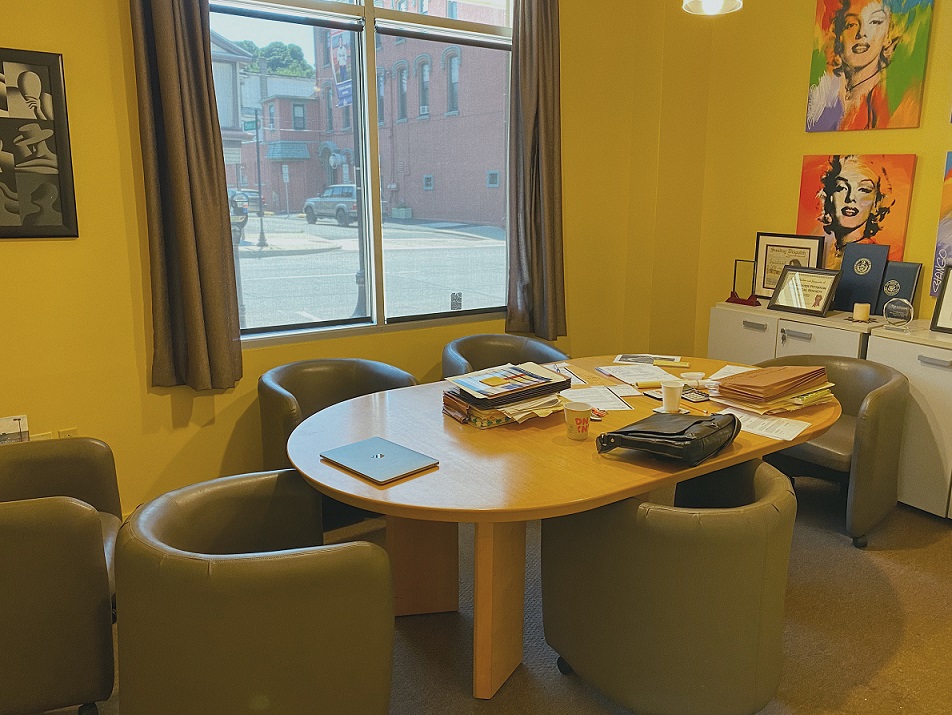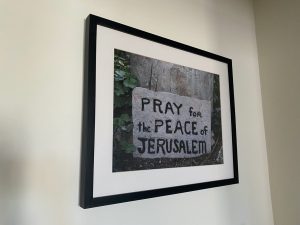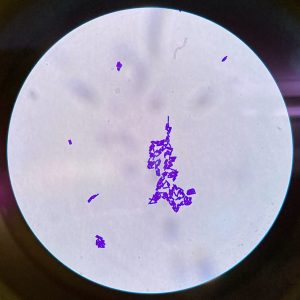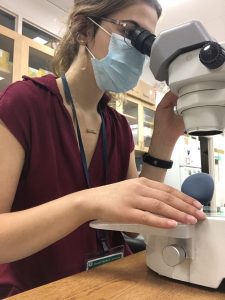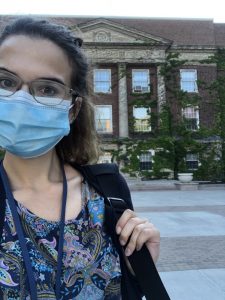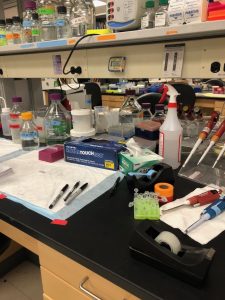My most rewarding experience at Manhattan Justice Opportunities this summer was shadowing intakes twice a week. During intakes, case managers gauge the mental state of participants and brainstorm ways to help them throughout their time at the center. From there, participants are given a variety of activities to help fulfill their mandates to complete their time at the organization. I received one-on-one experience with participants during this process, which I found extremely enjoyable. Being a part of a non-judgmental environment solely concerned with helping a marginalized community that is often criticized was immensely rewarding. Within the first week of shadowing, it was glaringly apparent how hesitant participants were to ask for help due to fear of judgment. I realized how quickly society criticizes those who have been incarcerated and the detrimental effects the judgment has on recidivism rates in the country. The fear of judgment often prevents those who may need help from asking for it which often further perpetuates the cycle of arrests and incarceration. I hope that as a lawyer, I will remember this experience and refrain from judgment for the betterment of my clients.
The most difficult, but most meaningful task I was given at MJO was to complete an annotated bibliography that described every mental health court and diversion program devoted to felony charges in the United States. To complete this project, I devoted a few hours a day to researching and calling different programs to find out their eligibility criteria and which communities they served. While I didn’t expect it to be difficult, many organizations were not available to speak with me and their websites were not updated. Those inconveniences made the research process take much longer than expected. I had to be very organized to ensure that I called organizations back during the times that were most feasible to them, in addition to checking newspaper articles for information that might have been left out on their website. During this process, I viewed a variety of different programs and read about how important restorative justice was to their participants and the way their methods differed from MJO’s methods. I realized while there are many practices of alternatives to incarceration, the overall goal is the same: to lower recidivism rates and produce a more humane and effective justice system.

Tiannah Adams ’22
Psychology
